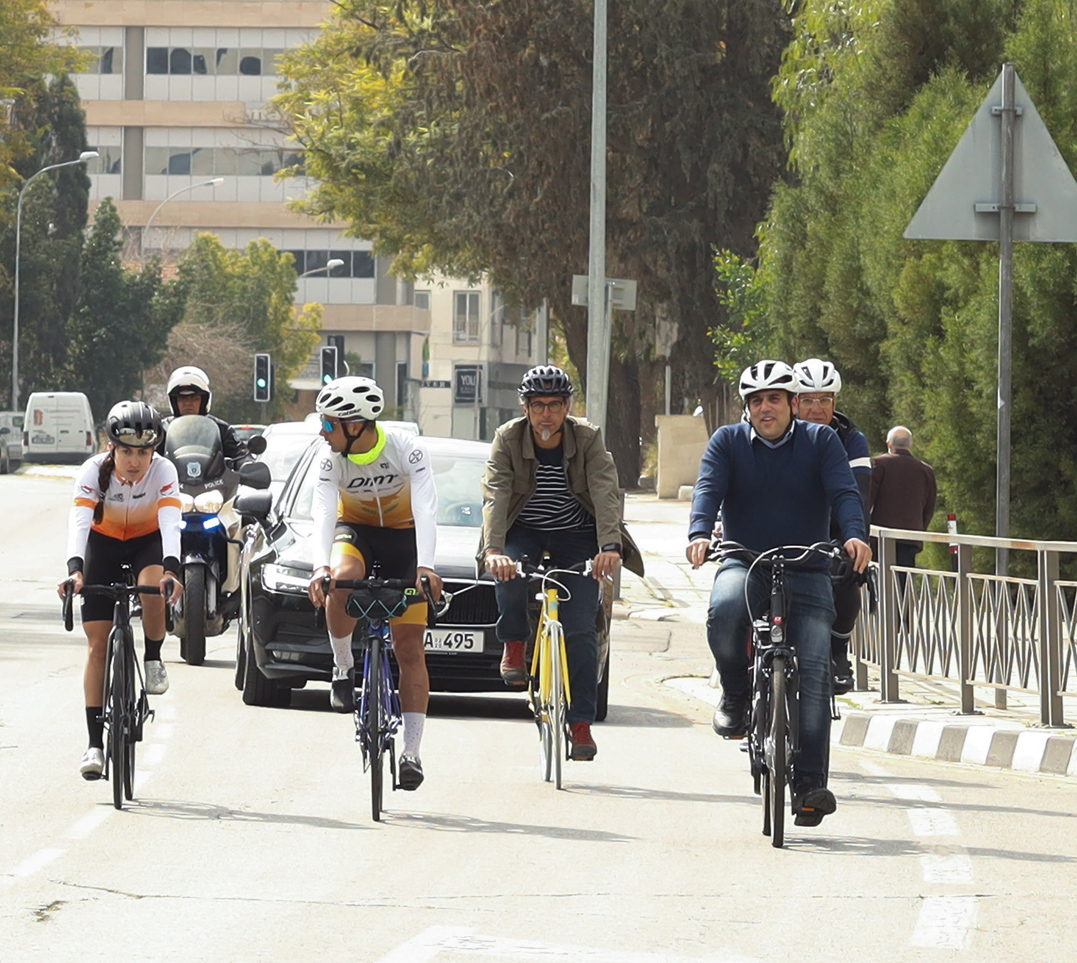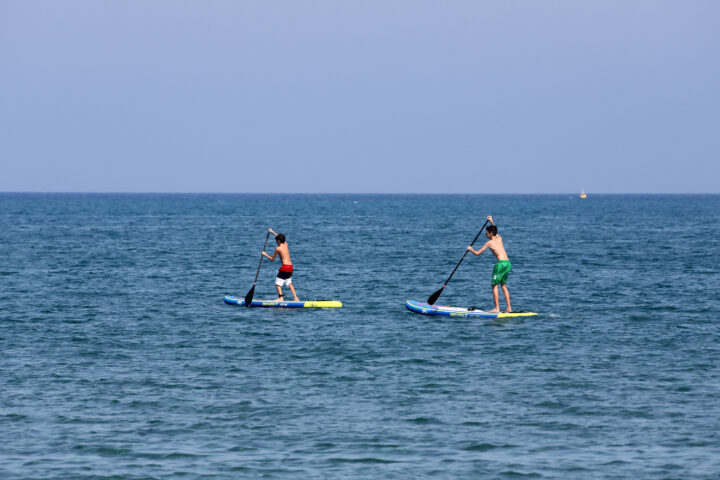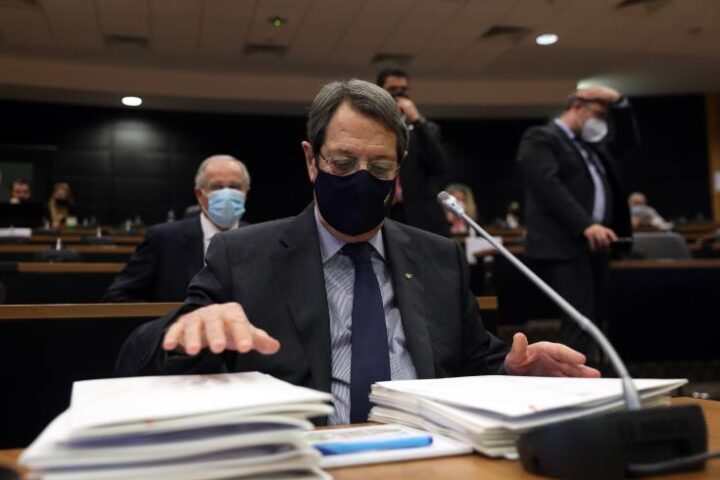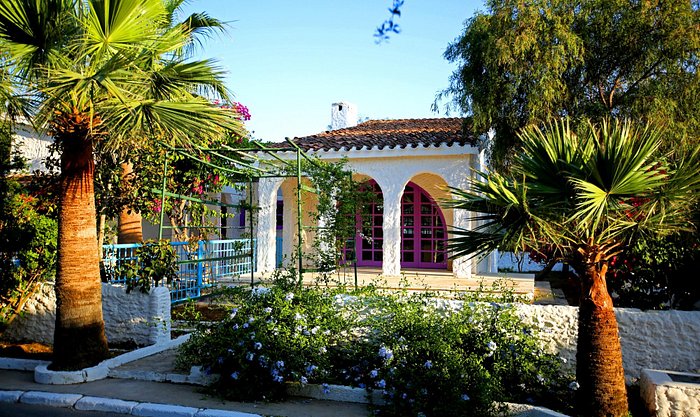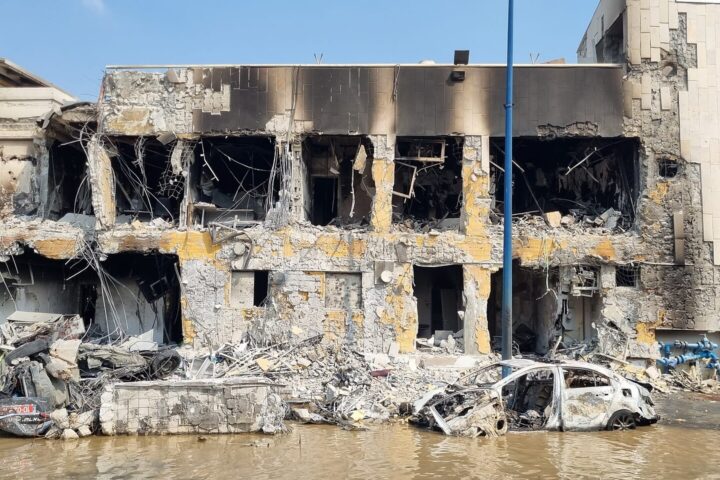Thursday morning felt different. The morning breeze carried the familiar smell of early rain.
As the clouds began gathering, a sense of nostalgia of my college years in Virginia brought memories of my long walks by the river when I watched the surrounding mountains covered in autumn colours in absolute amazement.
But the sight of my bicycle that stood idle on the porch changed my mood.
It’s been more than two months since a flat tire forced me to admit that that daily swimming was a much more enjoyable sport to keep me fit.
After all, temperatures in July were unforgiving, making cycling nearly impossible during most of the day.
Dehydration and heat exhaustion are serious hazards that every cyclist can’t afford to ignore during summer.
Cooler temperatures, though, have almost the opposite effect for cycling lovers.
It makes the sport pleasant and gives cyclists the chance to enjoy nature and a feeling of freedom that few other sports offer.
After a quick clean up and service, my urban road bike was again ready for a ride.
My excitement was unmistakable.
It was the kind of joy that only children and cyclists are most familiar with.
But as I was gearing up, I began having mixed feelings.
A month ago, on August 14, a cyclist was tragically killed in an accident with a motorist in Nicosia. Antonis Antoniou, 35, was a promising scientist that saw his life cut short by an accident that could have been prevented with bike lanes.
True, many drivers need to be more careful on the road and perhaps receive special training.
However, bike lanes seem to be the answer in many big cities across Europe and elsewhere.
As traffic congestion and lack of parking space become stressful for the people and harmful for the environment and the air we breathe, cycling is emerging as an alternative for commuters.
But to get more people into cycling, city officials need to invest more in infrastructure that makes cycling both possible and safe.
Back in the ’50s and ’60s, nearly every young person in Nicosia was commuting by bicycle.
The late Nicos Rolandis once told me how he commuted on his bicycle in the capital as a young lawyer. It was fast, cheap, and efficient.
Little was known at the time of the extra benefits cycling offered to health or the environment.
But progress changed everything.
Once cars became more accessible to ordinary people, suddenly everyone needed one, then two.
By the early ’80s, nearly every adult member of a middle-class family had a car, particularly in the urban areas.
Vehicles were so inefficient in burning fuel that buildings were turning black from fumes in many big cities.
And people were breathing this toxic air.
Today in Cyprus, approximately two people die prematurely every day due to poor air quality, according to reports.
The European Union saw a chance to promote cycling last year as the Covid-19 pandemic made public transportation hazardous for people.
It began subsidising the purchase of ordinary and electric bikes, but no such subsidies ever arrived in Cyprus.
Apparently, our government was embroiled in the golden passport affair and had little time to think of the environment or the traffic problems.
No matter what government officials in Cyprus think, at a European level, cycling is gaining traction.
In Italy, for example, a draft legislative decree last year for the COVID recovery measures allocated €120 mln for purchase subsidies covering 70% and up to €500 of the price for conventional muscle-powered and electrical bicycles.
It is valid until the end of the year, intending to promote sustainable mobility in cities around the country during the recovery phase.
According to that draft, the only downside is it is only available to residents of cities with more than 50,000 inhabitants, which would exclude commuters from a smaller suburb wanting to purchase an e-bike for their trip to work.
Other countries, including France, followed suit.
Investment in bike lanes is perhaps Mr Anastasiades’ chance to improve his poor record on sustainable growth in Cyprus and make roads safer for people who actually feel that riding a bike helps themselves, the environment, and air quality.
Michael S. Olympios is an economist, business advisor, Editorial Consultant to the Financial Mirror

